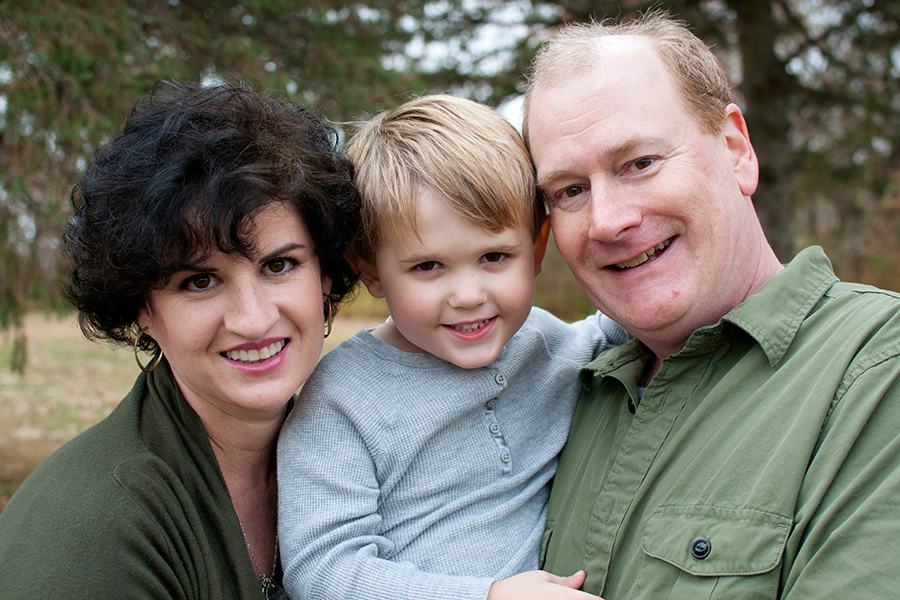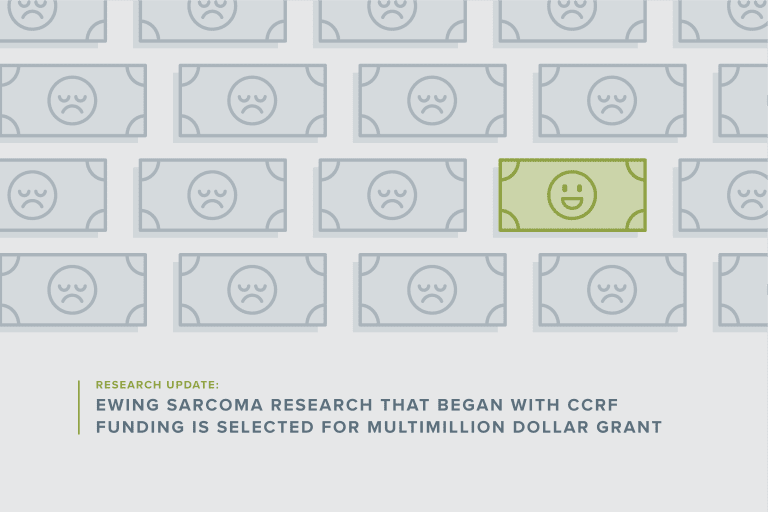This blog post is from our new guide Beyond “I’m Sorry”: Supporting a Family Facing Cancer. Download it today to get more great tips on how to care for a family in the best way possible.
If you feel compelled to help a family experiencing cancer, know that your thoughtfulness could be a huge stress relief that’s remembered for a lifetime.
Not sure what to say or do? You’re not alone. Last week, we shared five ways to support a family facing cancer.
Here are five more unique ways to help a family in an authentic and caring way.
1. Help with yardwork.
When a family doesn’t have to worry about yardwork, they can spend more time together and there’s the added bonus of giving the family a sense of peace. Less to do at home leaves more time to rest. Mowing the lawn, raking the leaves, weeding the flower bed, shoveling snow; all of these help clear a family’s mind and alleviate stress.
Where to start:
If you notice something, go for it. Is the lawn getting long? Cut it. Is there a foot of snow in the driveway? Start up the snow blower. Depending on your relationship to the family and the chore you’re doing, you don’t necessarily need to ask the family’s permission. Typically, it takes a lot of extra energy and time for a family to hand out tasks and a helpful surprise can make all the difference in their day.
2. Donate in their honor.
Chances are there’s a charity for whatever illness or health crisis a family is facing. A donation lets the family know you’re willing to fight this disease along with them.
Where to start:
Check to see if there’s a charity or fund set up in their honor. If there isn’t, ask the family if they have a favorite charity they’d like you to send your donation. Children’s Cancer Research Fund can also help families set up fundraisers.
3. Send a simple text message.
It’s nice to know someone is thinking of you, so do the same for a family. A simple text or Facebook message can make a big difference in a family’s day, especially if they’re going through a holiday or anniversary (like a diagnosis date or a death). The message could be as simple as “I’m thinking of you today.” You can also refer to the list of phrases to write in a card for other ideas.
Where to start:
Either send the text on a random day, or set a reminder on your phone for a day that you know is important to the family.
4. Donate your vacation days.
Some companies allow coworkers to donate their vacation or sick days to family members in need. This is an especially generous, vital way to support someone facing a health crisis- especially if you may not know him or her very well. Donating vacation days takes off an immense amount of pressure.
Where to start:
Ask your boss or HR representative if this is an option in your company.
5. Give a gift card.
Giving a gift card is a great way to let someone know you’re thinking of them and want to make their situation better in any way you can. With a gift card, you don’t have the pressure of buying the perfect gift and you don’t have to worry about them already having the same thing. Plus, online shopping provides an activity during long days at home or in the hospital, so consider giving a certificate or card that can be used on the web. If the family has a multiple children, consider giving a gift card to a sibling. Oftentimes, siblings feel left out if their brother or sister is the only one receiving gifts.
Where to start:
Think about the type of gift card you want to give. Massage gift certificates are great for older children and caregivers. As one cancer survivor says, “After I had been in the hospital for a month, [a massage] was amazing after being so achy from lying in bed for so long.” Grocery and gas gift certificates are great money-savers for families. Gift cards to places like Target or Amazon provide a fun online shopping distraction for children or teenagers.
Bonus:
Give a gift card to a cleaning service. Then, the family can arrange to have their house cleaned when they need an extra hand.
Want more tips on how to support a family who’s received devastating cancer news?
Download our guide, Beyond “I’m Sorry”: Supporting a Family Facing Cancer




